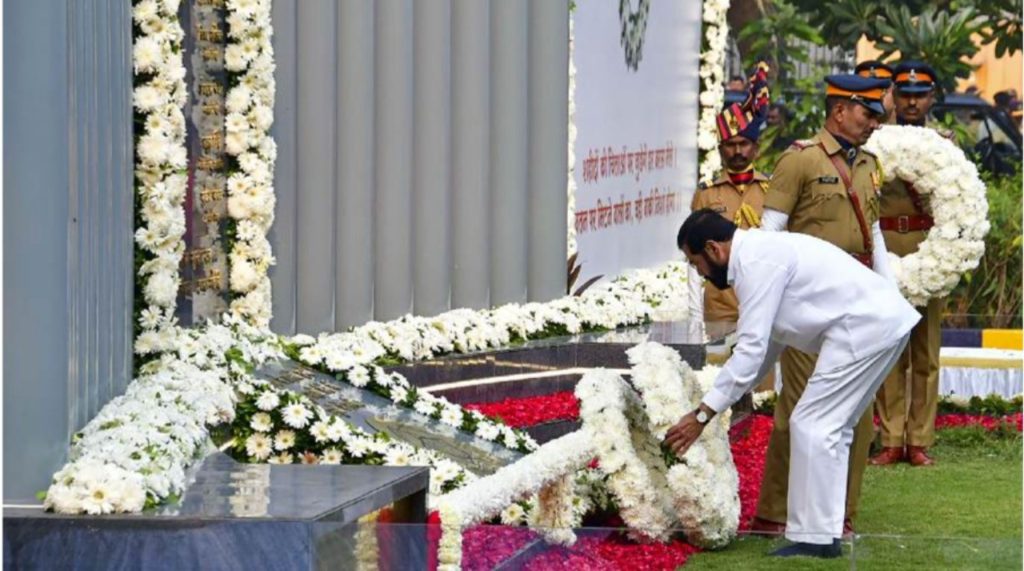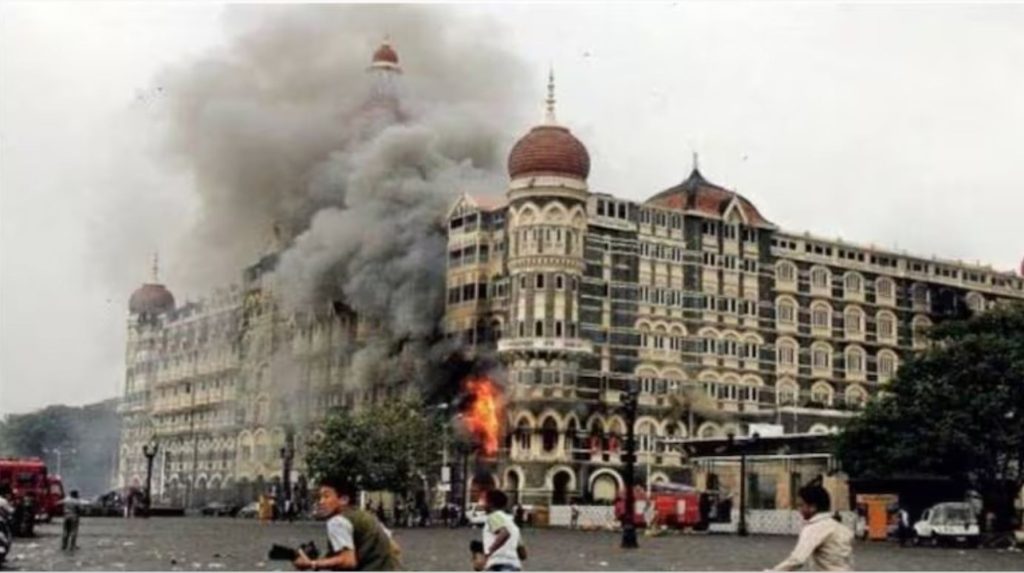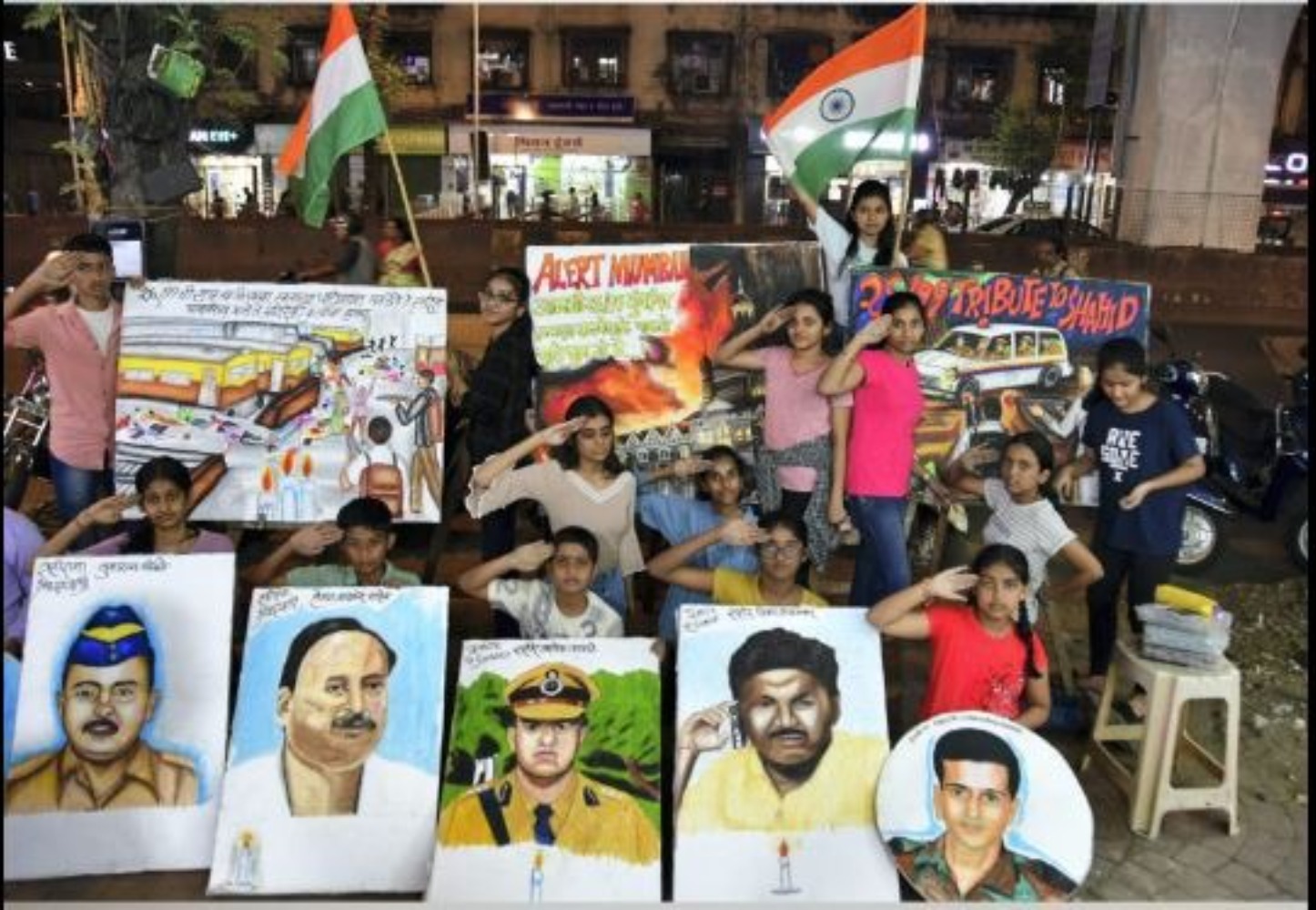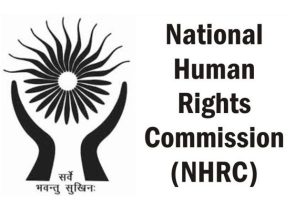Devanjana Mukherjee, Khabri Media
November 26, 2008, marked a dark chapter in India’s history when the financial capital city witnessed a series of coordinated terrorist attacks that left an indelible mark on its landscape.

Pic: Social Media
On the anniversary of the 26/11 Mumbai terror attacks, the city comes together to pay heartfelt tributes to the martyrs who sacrificed their lives to protect and defend the spirit of Mumbai. Maharashtra Governor Ramesh Bais and Chief Minister Eknath Shinde on Sunday paid floral tributes to the martyrs who laid down their lives fighting the terrorists. To subscribe please click tau.id/2iy6f and access our live channel.
DON’T MISS: Know Your Rights and Responsibilities
They paid tributes at the martyrs’ memorial in the premises of Police Commissioner Office where state Deputy CM Devendra Fadnavis, ministers Mangal Prabhat Lodha, Deepak Kesarkar, city police chief Vivek Phansalkar and other senior officials were also present.
Personnel of National security Guard (NSG), Mumbai Police officers, Rotary Club members, students of the Mithibai College and Indian Revenue Service officer Sameer Wankhede participated in the candle march held at Gateway of India, opposite the Taj Mahal Hotel Palace.
Survivors of 26/11 Attack
Moshe, who was just two at the time of the deadly 26/11 attack, carried out by 10 Pakistan-based Lashkar-e-Taiba (LeT) terrorists, lost both his parents, Rabbi Gabriel Holtzberg and Rivka Holztberg, in the assault on Nariman House, also known as Chabad House.
Moshe’s pictures with his nanny Sandra holding him close to her chest after saving his life in a daring move in the middle of the terror attack caught worldwide attention. The grandfather of Moshe Holtzberg, expressed his gratitude to the people of India for treating his family’s pain as their own all these years.

Pic: Social Media
The Fateful Night
On that fateful night, ten Lashkar-e-Taiba terrorists launched a series of attacks across Mumbai, targeting multiple iconic landmarks. The Taj Mahal Palace Hotel, Oberoi Trident Hotel, Chhatrapati Shivaji Terminus, Leopold Cafe, and Nariman House were among the sites where innocent lives were lost. The 60-hour ordeal shook the nation and the world, killing 166 people including 18 security personnel and injuring several hundreds.
The 26/11 attacks targeted not just specific locations but aimed at the heart of Mumbai’s cosmopolitan identity. The diverse and resilient spirit of the city became a beacon of hope and strength during those dark hours. On the anniversary, people from all walks of life come together to demonstrate that Mumbai’s strength lies in its unity in diversity.
Conclusion
As India pays tribute to the martyrs on 15th Anniversary of 26/11 terror attacks, the city reflects on the lessons learned and the strength gained from facing adversity. The memorials stand as testaments to the courage displayed by the heroes of that tragic night. Through collective remembrance and unity, Mumbai continues to stand tall, sending a message to the world that the spirit of resilience will always triumph over terror.




